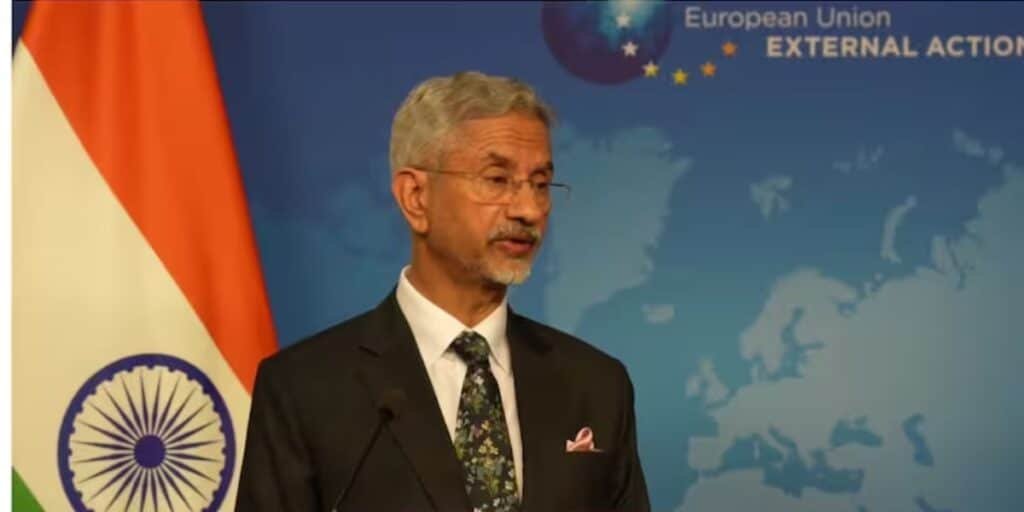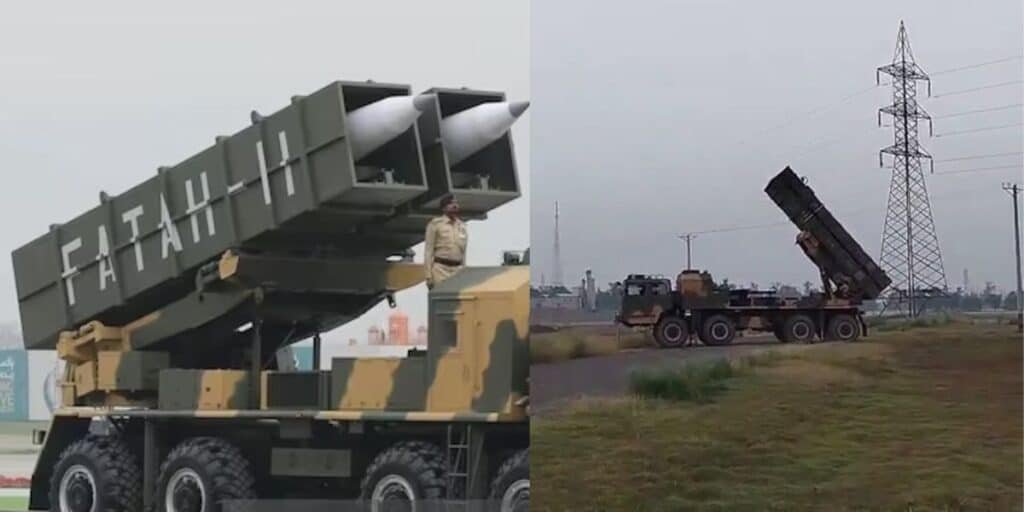WEBDESK: The Pakistan delegation briefs OIC member states at the United Nations about India’s recent military actions and accusations against Pakistan. The briefing, led by Pakistan’s People Party’s chairman, Bilawal Bhutto Zardari, focused on India’s cross-border strikes, its suspension of the Indus Waters Treaty, and the need for renewed dialogue and diplomacy in South Asia.
Addressing the OIC Permanent Representatives, Bilawal Bhutto categorically rejected India’s attempt to link Pakistan to the Pahalgam incident without any credible investigation or evidence.
He highlighted that the hasty attribution of blame was used as a pretext for unlawful military actions, including cross-border strikes, which targeted civilians and civilian infrastructure.
During the session, the Pakistan delegation briefs OIC countries on what they called “unprovoked and unlawful military aggression” by India. They emphasized that Indian airstrikes and artillery shelling targeted civilian areas and key infrastructure inside Pakistan without any solid proof linking the country to the recent Pahalgam attack in Indian-administered Kashmir.
Bilawal Bhutto Zardari told the OIC representatives that Pakistan had shown restraint and preferred peace, even as India carried out acts that could have sparked a larger conflict. He warned that India’s decision to suspend the Indus Waters Treaty – a long-standing water-sharing agreement between the two nations – was especially dangerous. According to him, it amounted to “weaponizing water” and set a bad example for how international treaties are respected.
He made it plainly clear that we cannot allow this to become a new normal.
The Pakistan delegation briefs OIC members about the growing instability in the region. Bilawal noted that if India continues with such actions, there is a real risk of conflict that could affect not just Pakistan and India, but also the economic future of over 1.5 billion people living in South Asia. He urged the OIC to play an active role in reminding India of its international obligations and the importance of regional peace.
He also highlighted that Pakistan is committed to resolving all disputes, especially the Jammu and Kashmir issue, through peaceful dialogue and diplomacy. The Pakistan delegation briefs OIC officials on the urgent need to restore the ceasefire agreement, reinstate the Indus Waters Treaty, and create a path for meaningful talks between the two nuclear-armed neighbors.
Bilawal thanked the OIC for its continued support and said that its role as a “moral voice” has been vital in these tense times. He added that the world cannot afford to ignore growing hostilities in this part of the world and called for stronger international attention.
In short, the Pakistan delegation briefs OIC at a critical time, sending a clear message to the world: peace is still possible, but only if all parties respect agreements and work through proper channels.






